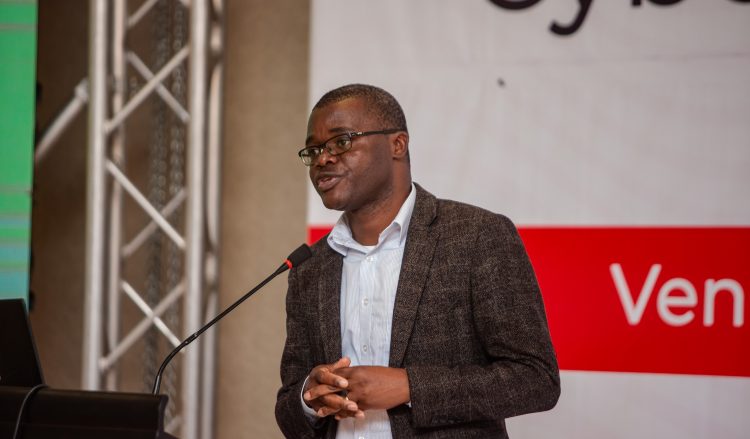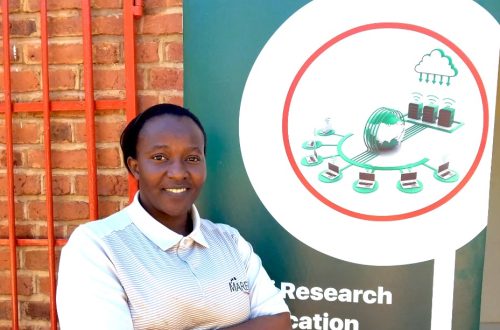
In a bid to accelerate scientific discoveries and technological advancements, the Malawi National Research and Education Network (Maren) has called upon researchers across the nation to tap into the potential of High-Performance Computing (HPC) systems available at the network´s offices at the Kamuzu College of Health Sciences (KUHeS) in Blantyre.
Maren Chief Executive Officer, Solomon Dindi made the call in Mangochi on Monday during a strategic plan workshop for heads of research of higher education institutions.
“High-Performance Computing offers researchers an opportunity to go beyond the boundaries of what is possible in their respective fields. Our researchers need to leverage these facilities to accelerate their work, make new discoveries, and analyse complex scientific data sets that were previously deemed impossible. We have been having the facility at our offices in Blantyre and we would like to notify our researchers that they can access and use the facility virtually from wherever they are,” said Dindi.
Dindi added that currently Maren is developing training programs and workshops that will equip researchers with the skills needed to harness the full potential of the HPC systems effectively.
During the workshop, the heads of research outlined challenges that are hindering the undertaking of research in their institutions after a representative from the National Council of Science and Technology, Hambani Gausi presented an overview of the National Research Agenda which indicates that government has allocated K450m for research towards the national agenda.
¨As institutions of higher learning, our biggest challenge is funding. We have been having excellent documents to guide our research agenda but the lack of resources is limiting our potential to carry out meaning research that can impact on national development. We call upon the relevant stakeholders to critically look into this aspect,¨ said Willy Zeze of Nkhoma University in Lilongwe.
During the workshop, the researchers also called on Maren to assist their institutions with affordable and high-speed internet connectivity and procurement of subsidised computer hardware and software for accelerated research output.
Subscribe To Our Newsletter
Get updates and learn from Us
More To Explore

Bridging the Gender Gap in Tech: MAREN’s Wyness Chide Joins the Women Techsters Fellowship
At a time when efforts to bridge the gender gap in tech are more vital

MAREN Introduces SSL Certificates: Enhancing Online Security
We are excited to announce that MAREN in liaison with Sectigo —a well known global
